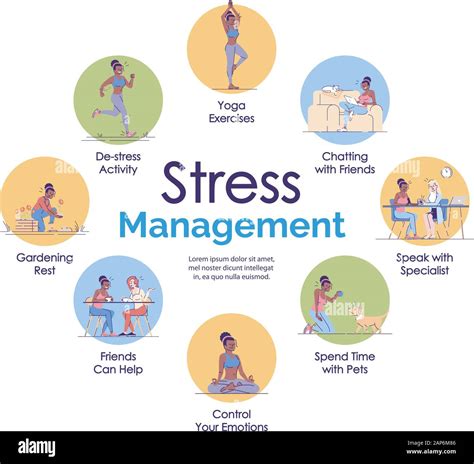How to naturally boost men’s testosterone for peak energy & performance?

Testosterone, often dubbed the ‘male hormone,’ plays a crucial role far beyond sex drive. Optimal testosterone levels are fundamental for maintaining muscle mass, bone density, red blood cell production, mood regulation, cognitive function, and most importantly, sustained energy and peak physical and mental performance. Unfortunately, modern lifestyles can often lead to a gradual decline in these vital hormone levels. The good news is that many natural, sustainable strategies can significantly impact your testosterone production.

1. Optimize Your Diet: Fuel for Hormones
What you eat directly impacts your hormonal landscape. A diet rich in whole, unprocessed foods is key. Focus on:
- Healthy Fats: Crucial for hormone production. Include sources like avocados, nuts, seeds, olive oil, and fatty fish (salmon, mackerel) rich in omega-3s.
- Lean Protein: Essential for muscle repair and growth, which indirectly supports testosterone. Opt for chicken, turkey, eggs, lean beef, and plant-based proteins.
- Complex Carbohydrates: Provide sustained energy and prevent cortisol spikes. Choose whole grains, fruits, and vegetables.
- Micronutrients: Ensure adequate intake of zinc (oysters, beef, pumpkin seeds), magnesium (leafy greens, nuts), and Vitamin D (fatty fish, fortified foods, sunlight exposure).
2. Embrace Strength Training and High-Intensity Interval Training (HIIT)
Exercise is one of the most potent natural testosterone boosters. Resistance training, especially compound movements like squats, deadlifts, bench presses, and rows, stimulates a significant hormonal response. Aim for 3-4 sessions per week, focusing on progressive overload.
HIIT, characterized by short bursts of intense exercise followed by brief recovery periods, has also been shown to elevate testosterone levels. Incorporate HIIT into your routine 1-2 times a week, ensuring adequate recovery.

3. Prioritize Quality Sleep
Sleep deprivation is a major enemy of testosterone. Most testosterone is produced during sleep, particularly in the REM and deep sleep stages. Chronic poor sleep can drastically reduce your levels. Aim for 7-9 hours of high-quality sleep per night. Establish a consistent sleep schedule, create a dark and cool sleep environment, and limit screen time before bed.
4. Master Stress Management
Chronic stress leads to elevated cortisol levels. Cortisol and testosterone have an inverse relationship: when cortisol is high, testosterone tends to be low. Incorporate stress-reducing practices into your daily routine, such as meditation, yoga, deep breathing exercises, spending time in nature, or engaging in hobbies you enjoy.

5. Smart Supplementation: Key Nutrients
While a balanced diet is paramount, certain supplements can help fill nutritional gaps:
- Vitamin D: Many men are deficient. Supplementation (under medical guidance) has shown positive correlations with testosterone levels.
- Zinc: Essential for testosterone production. Deficiency can lead to lower levels.
- Magnesium: Plays a role in many bodily functions, including hormone regulation.
- Ashwagandha: An adaptogenic herb that may help reduce stress and improve testosterone levels in some studies.
Always consult with a healthcare professional before starting any new supplement regimen.

6. Lifestyle Habits for Hormonal Harmony
- Limit Alcohol: Excessive alcohol consumption can interfere with testosterone production and metabolism.
- Avoid Endocrine Disruptors: Be mindful of exposure to chemicals found in plastics (BPA), pesticides, and certain personal care products that can mimic or interfere with hormones.
- Maintain a Healthy Weight: Excess body fat, particularly visceral fat, can increase the conversion of testosterone to estrogen.

Conclusion: A Holistic Path to Peak Performance
Naturally boosting testosterone isn’t about quick fixes; it’s about adopting a holistic approach to your health. By consistently implementing these strategies – optimizing your diet, engaging in regular strength training, prioritizing quality sleep, managing stress, and being mindful of your environment – you can create an optimal internal environment for testosterone production. This comprehensive strategy will not only help you achieve peak energy and performance but also contribute to overall well-being and vitality, empowering you to live life to its fullest.









